Lecture
We have to read many different SEO articles about how to pick up keywords, about monitoring competitors and other things that give traffic.
But personally, I have not yet seen information on how to find out what type of audience suits you and how to make sure that the keywords you have chosen will lead you to this particular audience, as well as on which search engines this audience lives in. Come on
There is only one way out - go to a new level of keyword analysis. Here are a few tools that will throw away all your doubts and thoughts about the correctness of the selected audience.
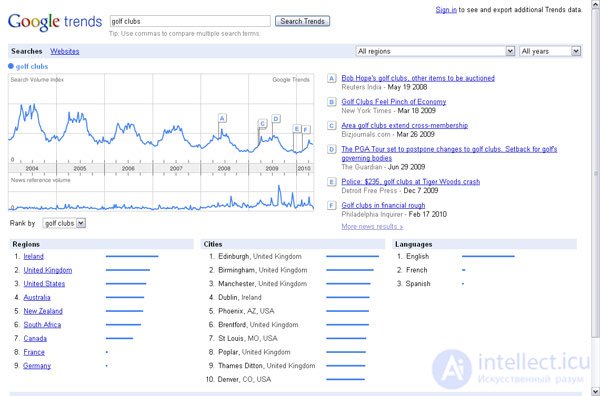
If you are only interested in trends in search volumes and regional issuance, then this is what you need. Google Trends will show you the changes in search volumes since 2004. You can narrow the analysis to years and months, as well as see trends by country. The tool is available here http://www.google.com/trends
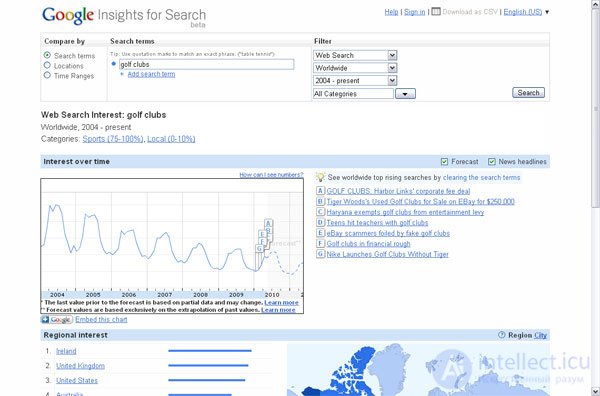
This tool is based on Google Trends technology, but this tool provides more detailed statistics on regional output and additional parameters related to your keywords. This tool will show not popular requests among your audience, as well as show its geographical location. This will help identify the interests of your audience. http://www.google.com/insights/search/
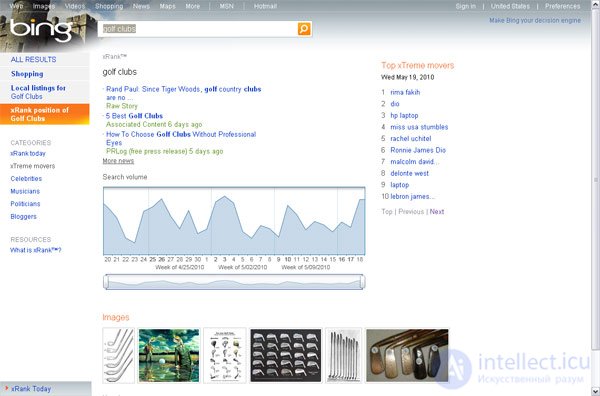
This tool from Bing resembles Google Insights for Search, the only difference is the issue of data on the Bing search engine. I use this tool only for comparing trends in Google and Bing. http://www.bing.com/xrank
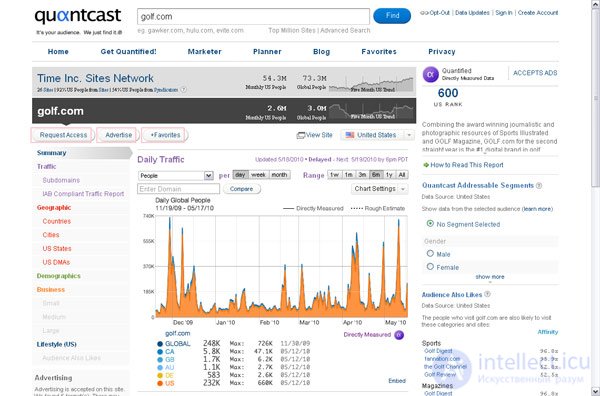
Quantcast is useful for monitoring the demographics of the audience, its relevance in comparison with your competitors. This tool is especially useful if the competitor’s site is listed in the system. This will give even more advanced statistics. Http://www.quantcast.com/
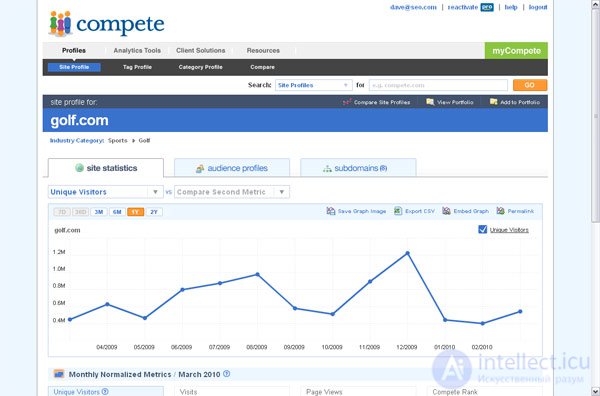
Compete is a great tool for analyzing the traffic of your competitors. And if you have an account in Pro status, then you will get even more advanced information. All you need to do is point out the competitors. Http://www.compete.com/
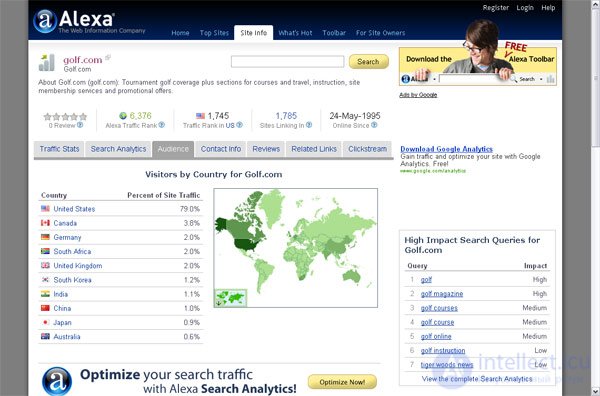
The functionality of Alexa is about the same as that of Compete - competitor information. In addition, you can collect statistics on traffic-bringing keywords. The main advantage over competitors is free service. http://www.alexa.com/
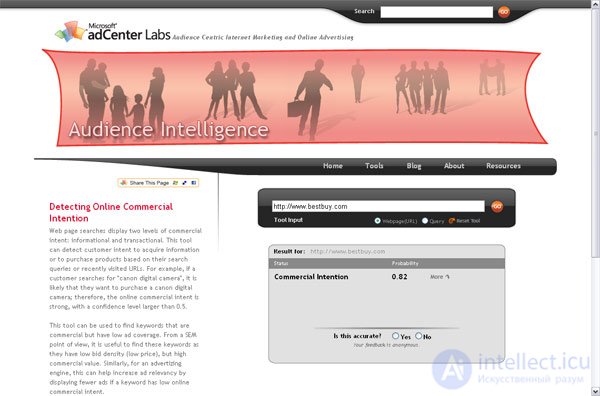
This tool analyzes the search phrases that your visitors used and gives information about which keyword leads to large conversions. You need to enter a search phrase and the tool will give you commercial or non-commercial intentions of the audience. http://adlab.microsoft.com/Online-Commercial-Intention/Default.aspx
If you know your audience for sure, then this tool will help you find out if your keywords are relevant to your audience. With this tool, you will be sure that you will not get, say, a female audience instead of a male. Http://adlab.microsoft.com/Demographics-Prediction/DPUI.aspx

It will allow you to find out not only the geo-referencing by requests, but also to evaluate the “bursts” and “attenuation” of the interests of users, which in turn will make it possible to more accurately correct the beginning of the advance with time correction. An invaluable tool in planning not only future budgets for seasonal needs, but also for analyzing trends for existing ones. http://wordstat.yandex.ru/
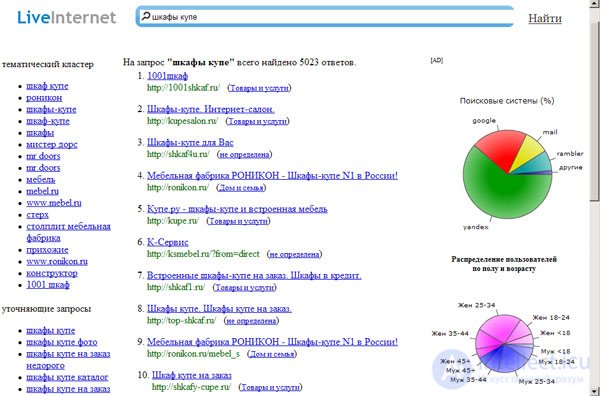
This tool is invaluable in determining a promotion strategy. After all, only here there is relatively accurate data on the distribution of users by search engines. Layvinternet allows you to choose not only the main, target, search engine for promotion, but also provide a rather interesting section on demographic data. Http://www.liveinternet.ru/
I know that there are many more such tools, but using the ones listed above will be a good start. If you know and use any other tools, please share them in the comments.
Comments
To leave a comment
seo, smo, monetization, basics of internet marketing
Terms: seo, smo, monetization, basics of internet marketing